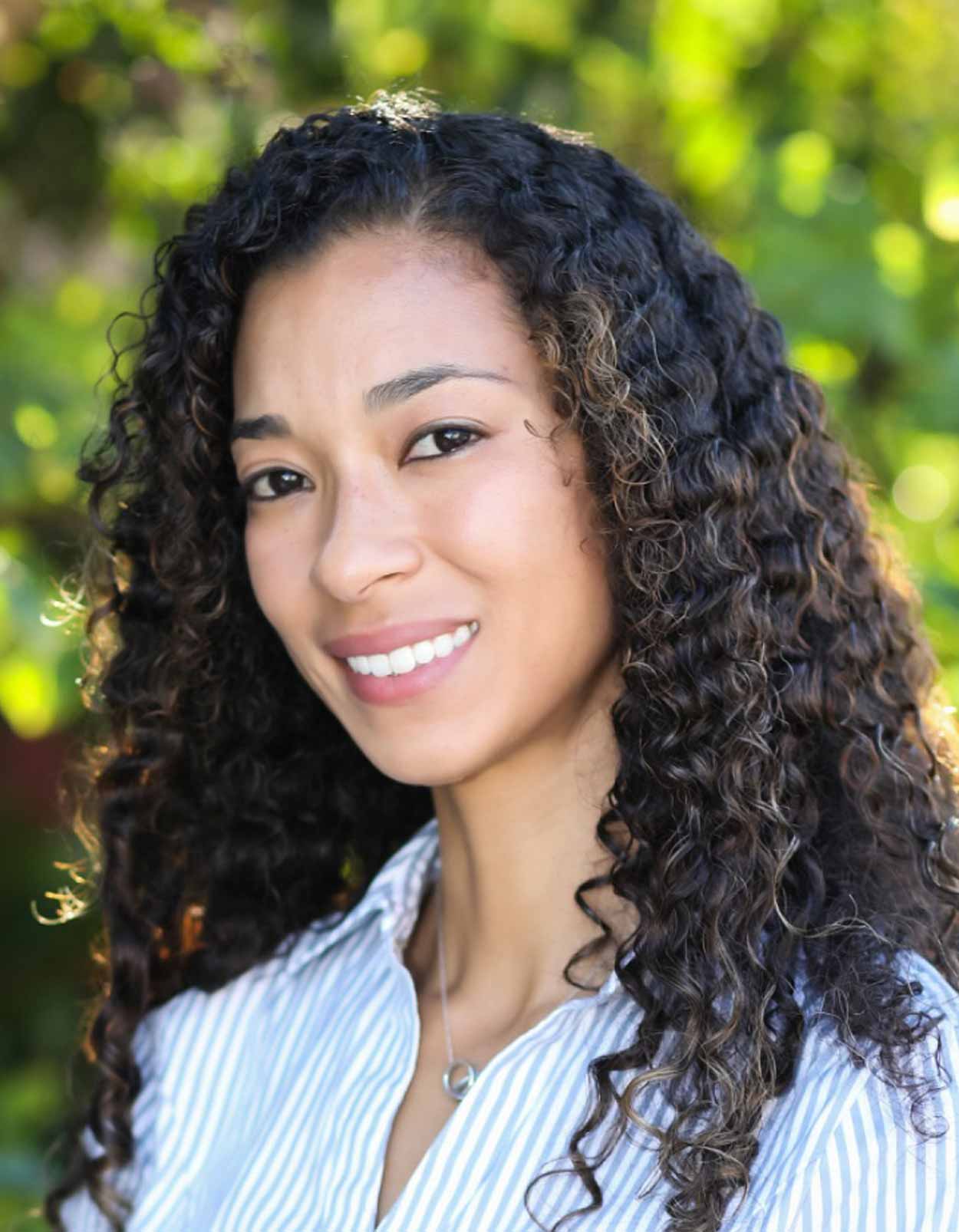Biologist Sonya Neal Advances Social Issues Education and STEM Inclusivity
Assistant professor develops new graduate course on social issues in biology and receives NSF CAREER award supporting underrepresented STEM students
July 2, 2021
By Mario Aguilera
Sonya Neal believes the responsibilities of the modern scientist have evolved.

Sonya Neal
Neal, an assistant professor in UC San Diego’s Division of Biological Sciences, studies the mechanisms surrounding misfolded proteins in cells and how organisms handle such potentially toxic threats. She says scientists must now think well beyond their work in the laboratory and lecture hall.
She believes that in today’s world scientists need to do much more to fully prepare aspiring scientists for the future. Ethics, equity, inclusion and social consciousness are a few of the areas that need to be more fully incorporated into today’s education and training experience, she says.
“I think as STEM researchers we have social responsibilities and ethical standards to uphold and integrate into the PhD curriculum,” said Neal, a member of the Section of Cell and Developmental Biology. “In training future scientists, we need to help them consider issues beyond science and to think more in a social context. These students are making decisions for our future and communicating science to many different audiences, including the public, so we have to consider the social implications.”
Neal has taken steps to advance this type of training through the creation of a bold new course for graduate students that centers on social issues in biology. Separately, she has been selected to receive a National Science Foundation (NSF) Faculty Early Career Development (CAREER) Program award that will help underrepresented students gain access to research in STEM.
Social issues in biology
Neal modeled her new graduate class, “Social Issues in Biology” after a well-known course taught by Harvard Medical School Biologist Jon Beckwith. Considered one of the scientific community’s most influential champions of social justice and civil liberties, Beckwith has taught a course on social issues in biology—considered the first of its kind covering content on social injustices and cultural myths ranging from eugenics to the genetic basis for criminality—since 1983. Last fall Neal and Biological Sciences Dean Kit Pogliano hosted Beckwith for a Deep Conversation event on the history of scientific and social activism, available for viewing here: https://youtu.be/H8SHWRDG0Sw.
Topics that will be covered in Neal’s new course, which will be offered for the first time in winter quarter 2022, include: Lessons from HeLa cells, the ethics and policy of biospecimens, which covers Henrietta Lacks, a Black woman whose cells have been used in research for decades without her prior consent; the COVID-19 pandemic: disparate impacts and medical ethics consideration; science communication to the diverse public(s); women and minorities in science; the biology of sex and gender; eugenics: past, present and future; neuroscience and racism; social activism in science; and controversies in biology and medicine in regard to issues of race, ethnicity and gender.
In justifying the need for the new course, Neal summarized the importance of moving biology education into a greater social context:
“Biology is front page news, so it is important that we teach students to make connections between what they learn in the classroom and what they see in everyday life. As biology researchers, we recognize the negative implications of doing science in a ‘bubble’ as we are increasingly asked to communicate effectively with local and national legislators. As biology instructors, however, we may choose to teach biology devoid of social context, believing that students can make these connections on their own. But students model their instructors' behaviors and follow their lead. If we integrate social issues into the graduate curriculum, we model social responsibility for biology majors. Hence, having a course that covers social issues related to biology will provide future scientists with a background in anticipating and considering present and future ethical and social implications of biology.”
NSF CAREER award
Neal also received a 2021 CAREER Award from the National Science Foundation.
Noting that activities pursued by early-career faculty should build a firm foundation for a lifetime of leadership in integrating education and research, NSF describes CAREER awards as the “most prestigious awards in support of early-career faculty who have the potential to serve as academic role models in research and education and to lead advances in the mission of their department or organization.” NSF believes that activities pursued by early-career faculty should build a firm foundation for a lifetime of leadership in integrating education and research.
Neal’s CAREER award will support a series of summer research activities for San Diego-area students. The activities will introduce a large number of high school and community college students from underrepresented STEM groups to scientific research and will involve community college students in research.
Neal also plans to adapt her graduate level Social Issues in Biology course to the summer research college students.
